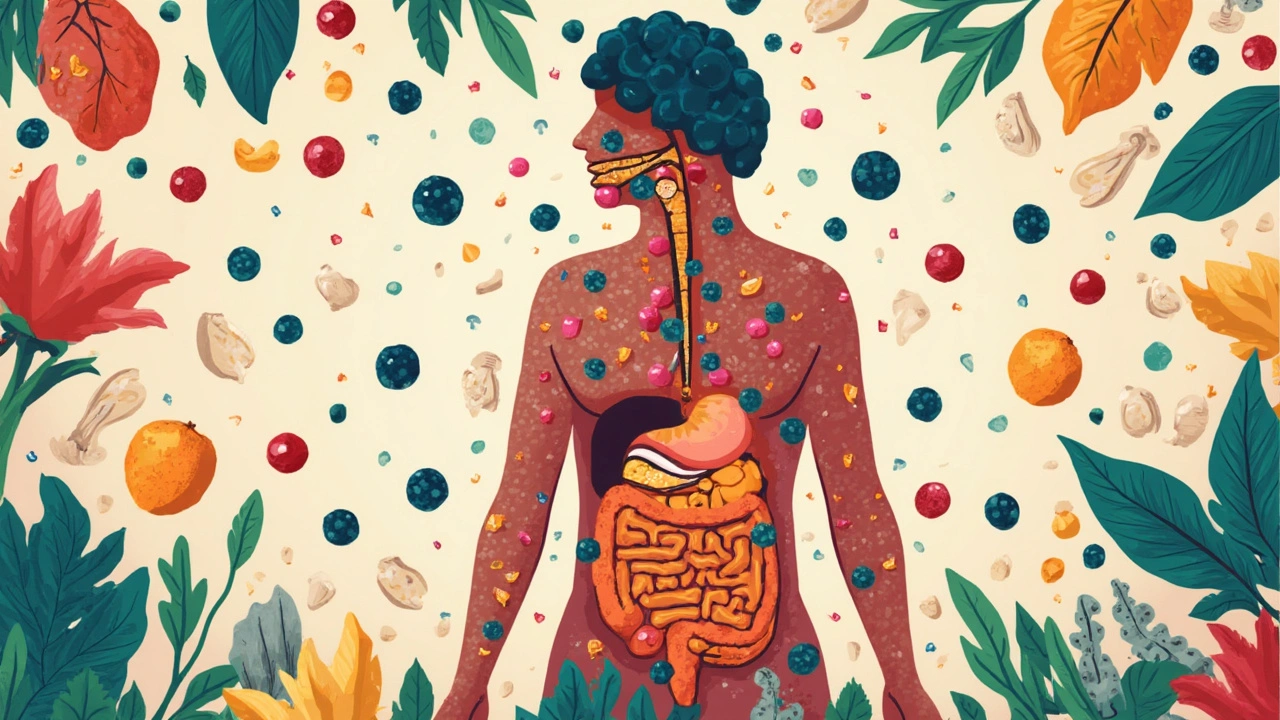Digestive Health Tips You Can Use Right Now
Ever feel bloated, gassy, or just off after a meal? You’re not alone. The gut is a sensitive system, and even tiny habits can tip the balance. Below are straight‑forward steps that work for most people without fancy gadgets or strict diets.
Common Digestion Issues and Why They Happen
Most gut complaints fall into three buckets: poor food choices, stress, and irregular eating patterns. Heavy, greasy meals slow stomach emptying, leading to that uncomfortable heaviness. Stress triggers the “fight‑or‑flight” response, which lowers stomach acid and slows digestion, so you might notice cramps after a stressful day. Skipping meals or eating at wildly different times confuses your body’s clock, making the intestine over‑react and produce excess gas.
Typical signs that your gut needs help include frequent heartburn, bloating that doesn’t go away after a few hours, irregular bowel movements, and sudden food cravings. When these pop up often, it’s a clear signal to look at the basics first.
Simple Steps to Boost Your Gut
1. Add More Fiber Gradually – Aim for 25‑30 grams a day from foods like oats, berries, beans, and leafy greens. Start slow; a sudden flood of fiber can cause gas, so increase portions over a week.
2. Hydrate Wisely – Water helps fiber move through the intestines. Drink a glass of water with each high‑fiber meal and keep a bottle handy throughout the day.
3. Mind Your Portion Size – Overloading the stomach makes it work harder. Try the “hand‑size” rule: protein the size of your palm, carbs the size of a cupped hand, and veggies filling the rest of the plate.
4. Chew More, Eat Slower – Chewing releases saliva, which starts breaking down carbs. The slower you eat, the less air you swallow, reducing bloating.
5. Keep Stress in Check – Short walks, deep‑breathing, or a 5‑minute meditation after meals can calm the nervous system and improve stomach acid flow.
6. Try Probiotic‑Rich Foods – Yogurt, kefir, sauerkraut, and kimchi add friendly bacteria that support digestion. If you don’t like fermented foods, a daily probiotic capsule works too.
7. Watch Trigger Foods – Common culprits include excess caffeine, alcohol, and artificial sweeteners. Keep a simple diary for a week; note what you eat and how you feel. Patterns often reveal the problem.
These tweaks don’t require expensive supplements or drastic lifestyle overhauls. Stick with a few for a couple of weeks and you’ll likely notice less bloating, steadier energy, and smoother bathroom trips.
Remember, your gut reflects everything you put in it and how you treat your body. Small, consistent changes beat occasional extreme diets every time. Start with one or two of the tips above, and build from there. Your digestive system will thank you with fewer uncomfortable moments and better overall health.

